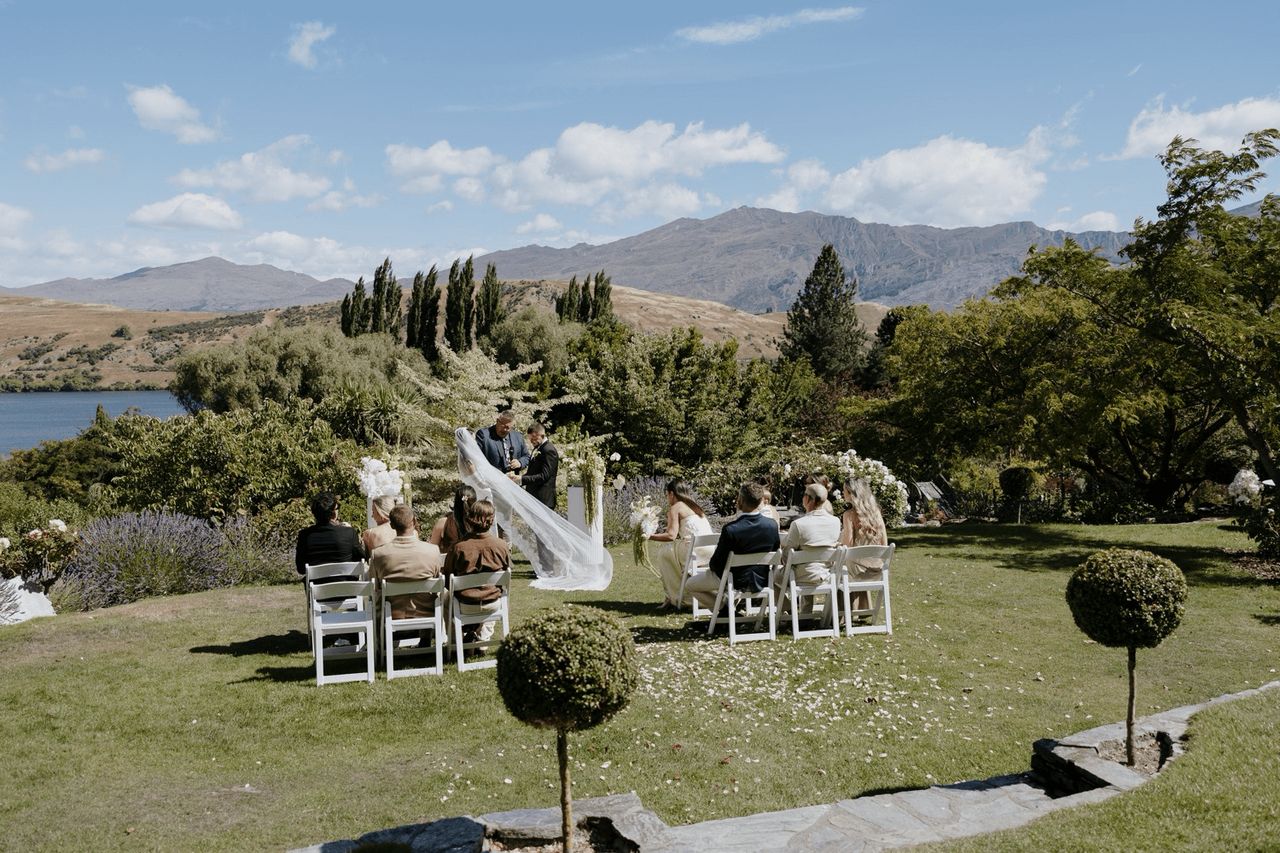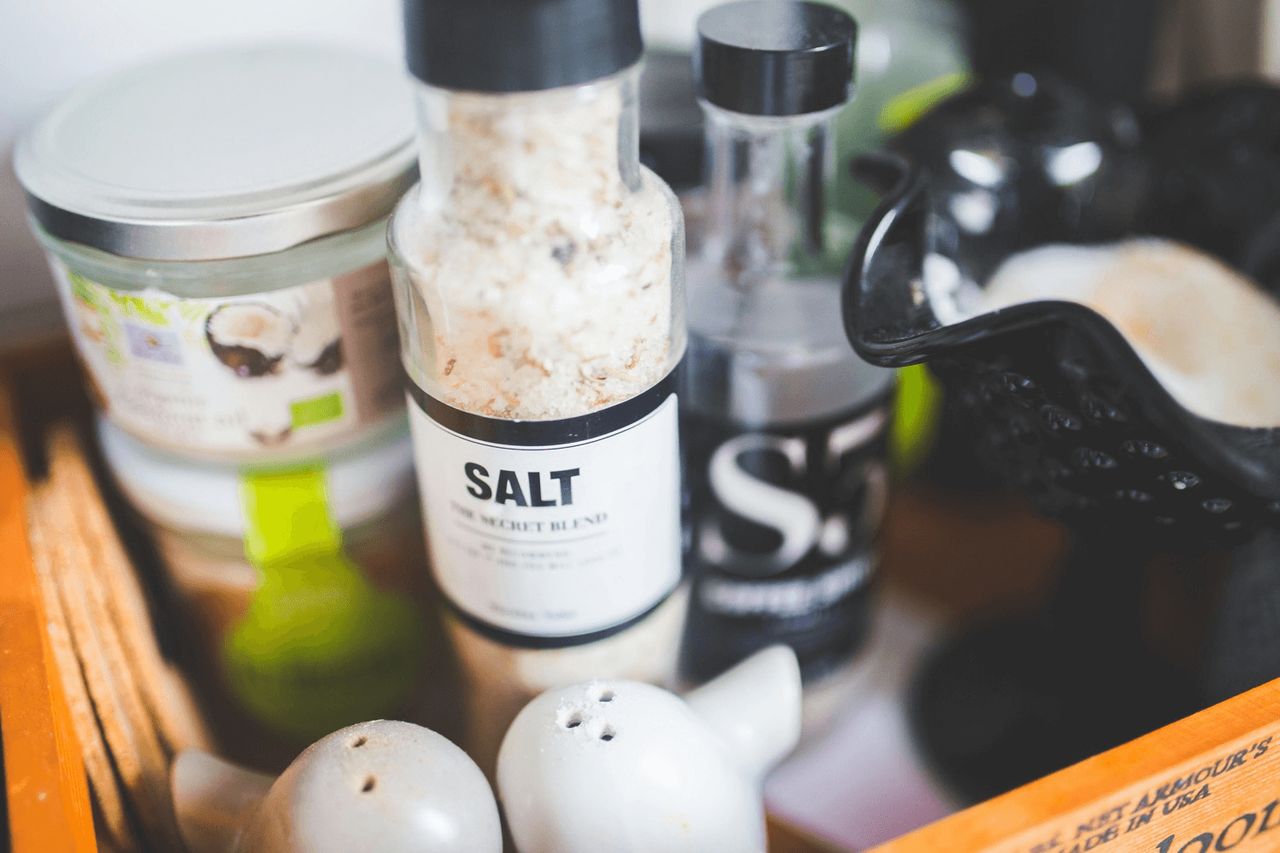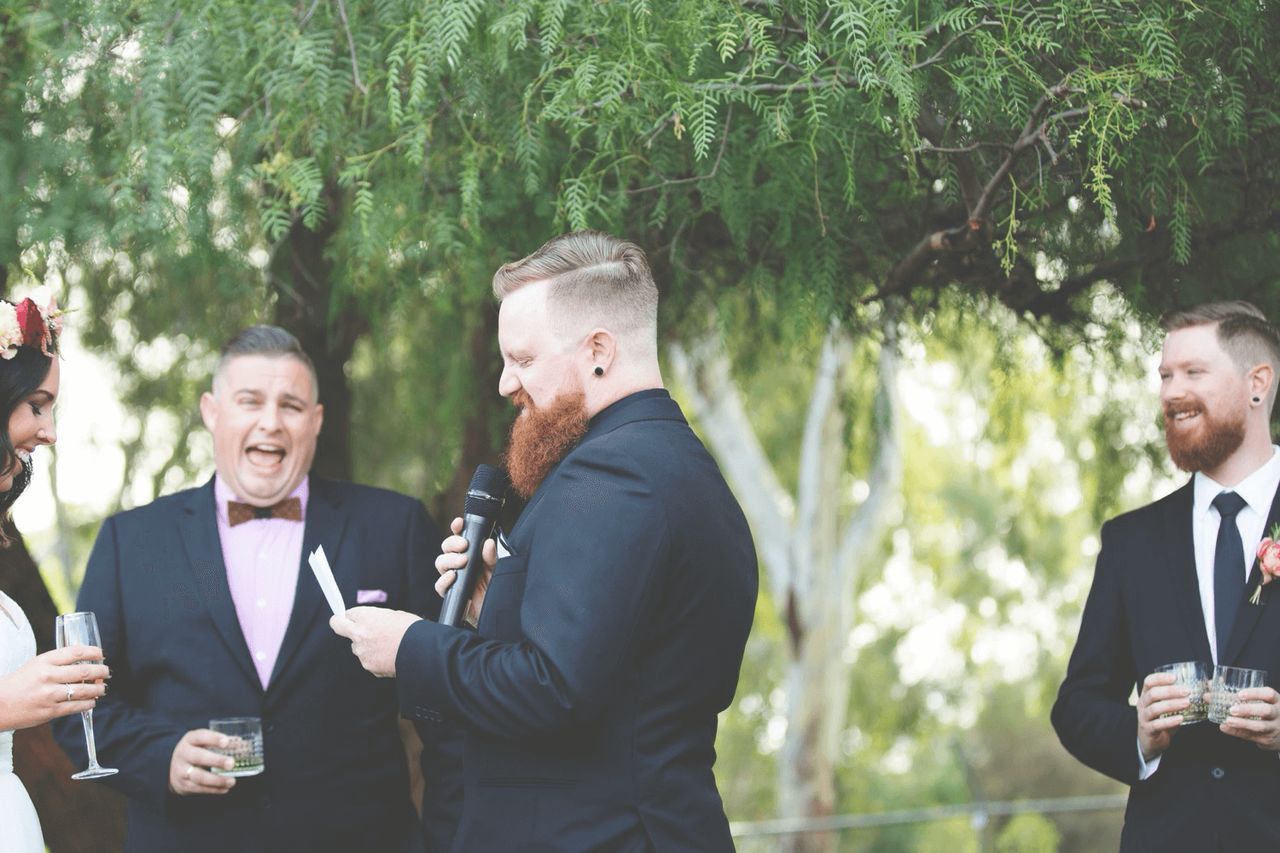· Wedding Planning · 4 min read
Unnecessary things celebrants we say
Celebrants and officiants say the darnedest things that they don't have to say. This is the list of things celebrants could just stop saying.

Recently, I received a Facebook message from a bride asking what I consider to be one of the most common questions from couples and journalists alike:
“Do you have to say [traditional phrase] in a wedding ceremony?”
The following advice applies to Australian law and reflects my personal opinion. I believe wedding ceremonies should be authentic and meaningful, not bound by tradition for tradition’s sake.
What’s Actually Required by Law
As an authorised marriage celebrant in Australia, there’s only one mandatory statement I must make during the ceremony:
“I am duly authorised by law to solemnise marriages according to law. Before you are joined in marriage in my presence and in the presence of these witnesses, I am to remind you of the solemn and binding nature of the relationship into which you are now about to enter. Marriage, according to law in Australia, is the union of two people to the exclusion of all others, voluntarily entered into for life.”
Even this comes with flexibility - the legislation includes “or words to that effect,” meaning you can communicate these sentiments in your own way. Everything else a celebrant says during the ceremony is either their choice or the couple’s preference.
Common Phrases That Aren’t Legally Required
Here’s my take on traditional wedding phrases that aren’t actually necessary:
“Dearly beloved…”
Instead of this formal address, I prefer “friends and family.” After all, if guests don’t realise they’re at a wedding and that the person up front is speaking to them, “dearly beloved” probably won’t help much either.
”We are gathered here today for [names]…”
The invitation already covered this information, didn’t it?
”Who gives this woman to be married to this man?”
This outdated tradition belongs in the history books.
”For better, for worse…”
These traditional vows are beautiful but generic. Why not create personal, meaningful vows that truly reflect your relationship and promises to each other?
”Love is patient, love is kind…”
While 1 Corinthians 13 contains lovely sentiments about love, there’s no requirement to include biblical readings in a civil ceremony. Though I will say, the notion that “love never fails” is quite profound.
”If anyone has any objections…”
The law doesn’t require me to ask for objections, and I won’t - unless we’ve agreed it would be amusing to ask and then immediately declare it’s too late anyway!
”Do you?” / “I do!”
Surprisingly, Australian civil ceremonies don’t require these famous exchanges. It’s not the “I do” that makes you married - it’s the exchange of legal vows.
”I now pronounce you husband and wife…”
Here’s an insider tip: the moment of marriage occurs when couples exchange their legal vows. If disaster struck right then, you’d already be legally married. The pronouncement is simply a ceremonial way to conclude the ceremony.
”Joined today in holy matrimony…”
As a civil celebrant, I don’t perform holy matrimony - that’s for religious celebrants. Moreover, the joining happens between the two of you through your vows, not through any magical words from me.
”May I have the rings?”
While rings are lovely symbols, they’re not legally required. Groomsmen often worry about “doing it wrong,” but there’s no wrong way to hold rings. Just channel your inner Beyoncé during the exchange!
”To have and to hold…”
These archaic phrases, while poetic, don’t reflect how we speak today. Your ceremony should use language that feels natural and meaningful to you.
”By the power vested in me…”
I’m not Captain Marriage! Surely we can find a more contemporary way to conclude the ceremony.
”You may now kiss your bride…”
You don’t need permission to kiss your new spouse. If you feel the moment is right, go for it!
The Beauty of Australian Marriage Law
Before anyone worries that I’m dismissing the sanctity of marriage, let me explain: The brilliance of Australian marriage law lies in its flexibility. It gives couples the freedom to create ceremonies that truly reflect their personalities and relationships. As a celebrant, this means I can help you celebrate your marriage your way - not according to Hollywood or traditional expectations.
You’re free to design a ceremony that represents you, not someone else’s idea of what a wedding should be. After all, it’s your day, your way.



